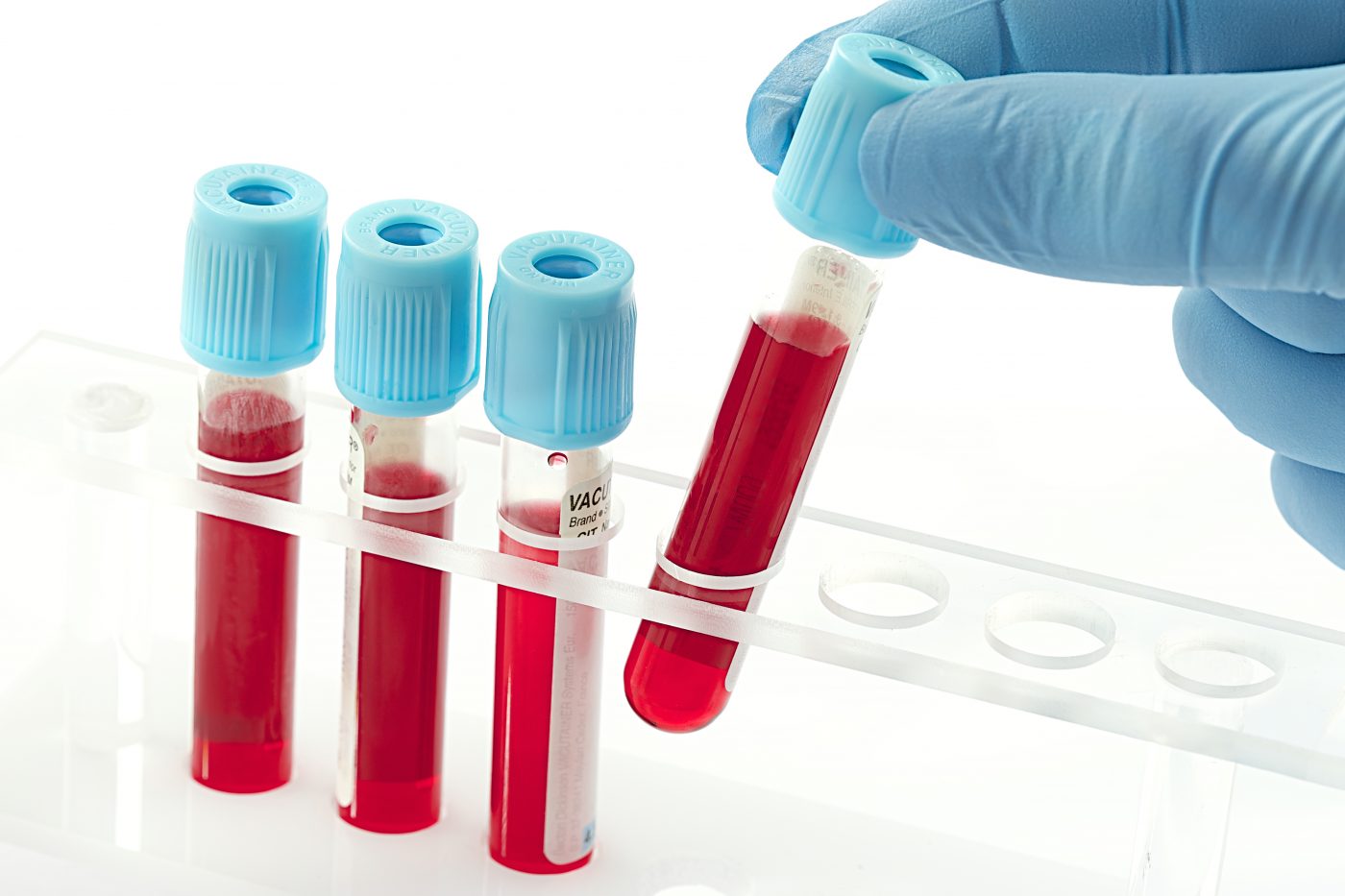SMA Added to North Carolina’s Newborn Screening Program

Note: This story was updated on June 21, 2021, to clarify that these genetic tests are after a baby’s birth, and the Early Check study showed the importance of parents consenting prenatally to testing.
As of this May, all babies born in North Carolina are now being tested at birth for spinal muscular atrophy (SMA).
Newborn screening involves genetic testing of infants immediately after birth for mutations that are known causes of diseases like SMA — the most common cause of mortality in children linked to a genetic mutation.
Getting such early results can allow babies to start treatment before they develop any symptoms of a genetic disease. Broadly, early treatment is associated with substantially better outcomes later in life.
As part of the North Carolina Newborn Screening Program, all infants born in the state are screened for a panel of genetic conditions, such as cystic fibrosis. But until now, SMA was not included on that list.
The decision to add SMA to the state screenings was prompted in part by the success of a program called Early Check —an ongoing partnership between the nonprofit RTI International, Duke University, the University of North Carolina at Chapel Hill, Wake Forest University, and the North Carolina State Laboratory of Public Health.
The program offers free, voluntary tests for medical conditions that are not included in the state’s standard newborn screening.
A recent study based on data from Early Check indicated that prenatal consent — when parents agree to genetic testing before their child is born, and then the screening is done after birth — leads to faster results and better knowledge.
Early Check began testing for SMA in 2018. So far, nearly 14,000 children born in the state have been tested for SMA through Early Check, with three babies diagnosed with SMA as a result. All three of these children were able to quickly start on SMA treatments.
“This has been a great collaboration between RTI, the state of North Carolina, and our university partners,” Don Bailey, distinguished fellow at RTI and the principal investigator for Early Check, said in a press release. Of note, RTI is an independent institute that provides research, development, and technical services.
While newborn screening for SMA will now be done via the state lab in North Carolina, new or expecting parents in the state can still sign their baby up for Early Check at no cost. The program currently screens for fragile X syndrome and Duchenne muscular dystrophy, with plans to add more conditions.
“Early Check is available to every birthing parent in North Carolina, with tremendous potential for improving the lives of babies with serious health conditions that must be identified early,” Bailey said.
“We are excited to see SMA transition from Early Check to the state’s newborn screening panel so that every baby in North Carolina is screened for this disorder,” added Scott Shone, PhD, director of the State Laboratory of Public Health.
“Doing so will get newborns the medical care they need quickly and will save lives,” Shone said.







